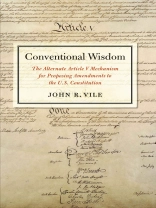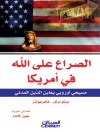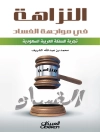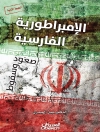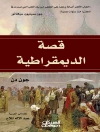Article V of the Constitution allows two-thirds majorities of both houses of Congress to propose amendments to the document and a three-fourths majority of the states to ratify them. Scholars and frustrated advocates of constitutional change have often criticized this process for being too difficult. Despite this, state legislatures have yet to use the other primary method that Article V outlines for proposing amendments: it permits two-thirds of the state legislatures to petition Congress to call a convention to propose amendments that, like those proposed by Congress, must be ratified by three-fourths of the states.
In this book, John R. Vile surveys more than two centuries of scholarship on Article V and concludes that the weight of the evidence (including a much-overlooked Federalist essay) indicates that states and Congress have the legal right to limit the scope of such conventions to a single subject and that political considerations would make a runaway convention unlikely. Charting a prudent course between those who fail to differentiate revolutionary change from constitutional change, those who fear ever using the Article V convention mechanism that the Framers clearly envisioned, and those who would vest total control of the convention in Congress, the states, or thebconvention itself, Vile’s work will enhance modern debates on the subject.
Про автора
JOHN R. VILE is a professor of political science and dean of the University Honors College at Middle Tennessee State University. He has written extensively on the drafting and ratification of the U.S. Constitution, the constitutional amending process, proposed alternatives to the U.S. Constitution, and Supreme Court decisions and other contemporary understandings of the document. Vile is the author of numerous books on the U.S. Constitution and the constitutional amending process and of The Wisest Council in the World: Restoring the Character Sketches by William Pierce of Georgia of the Delegates to the Constitutional Convention of 1787 (Georgia).
